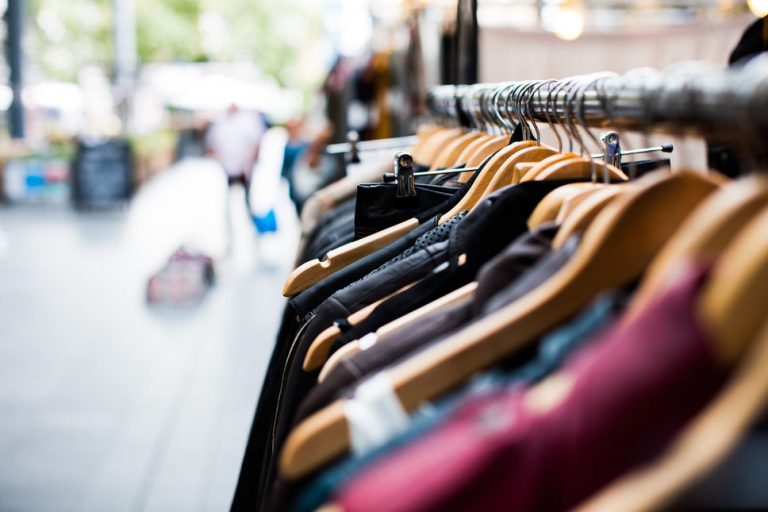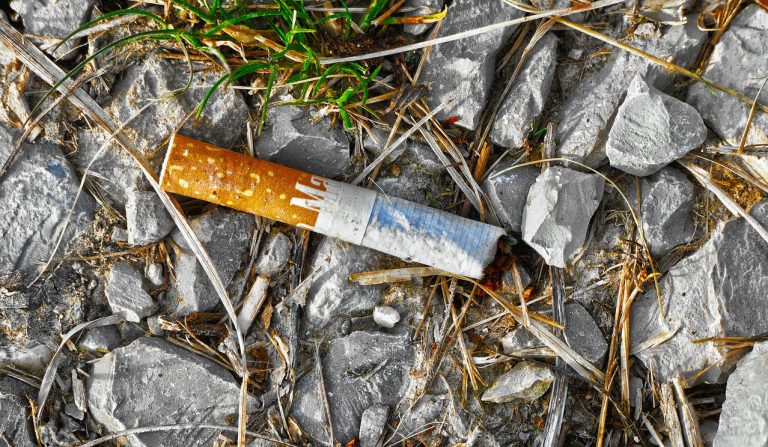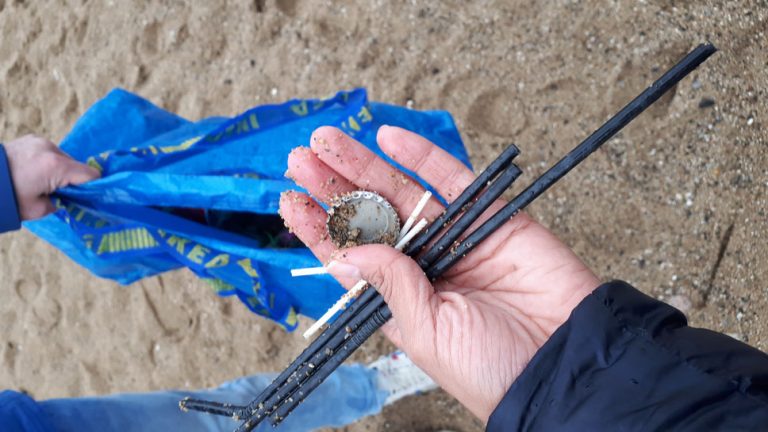
The amount of people taking care of our environment is strongly increasing. In this article, we would like to show you positive examples of sustainable behavior in the fashion world and how this helps our earth to change.
In other articles like “Cigarettes and their Environmental Impact” or “How can I fight plastic pollution”, we already gave you simple tips for reducing your daily impact on our earth.
Since 1950, we have produced about 8,3 billion tons of plastic. Just 600 million tons have been recycled over the years.
Our goal should be to recycle more of that plastic waste.
Plastic recycling is a complicated and expensive process:
- Sort out different types of plastic and ensure all the contaminants are removed.
- The plastic gets melted in a new shape or shredded into flakes.
- Downgrade it to polyester fiber which can be used by the fashion industry.
During the last years wearing ecological or recycled clothes has set the trend. Not only small brands are using this marketing concept but also huge companies like H&M, Levi’s or Adidas. By using recycled materials, the companies can both improve their image and their customers’ feelings.
In collaboration with Parley the German company Adidas is currently working on a clothing line complete made of recycled plastic waste.
A good example brings this seasons Champions League Jersey of FC Bayern Munich. It has been purchased over a million times and is completely made of recycled plastics.
However, take care of misleading advertisement. Beside the benefits of plastic recycling, there are also some drawbacks. The industry has not found a sustainable recycling process yet. It needs a lot of chemicals and energy, which are bad for our environment either. Nevertheless, we highly appreciate the research and progress happening in this field and are looking forward to environmental friendly recycled clothing in the future.
Nobody can solve this problem alone. We need to approach it from different angles and in a multidisciplinary way. The responsibility lies with the creative industries, followed by major brands, environmentalists, and finally by consumers.
Keep on supporting your local Beach-Cleanup or companies totally resigning on plastics.



